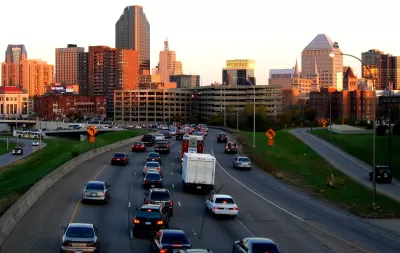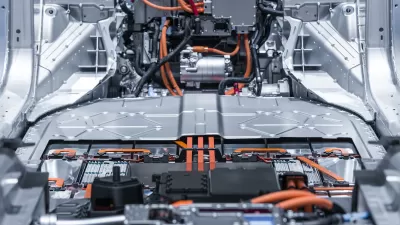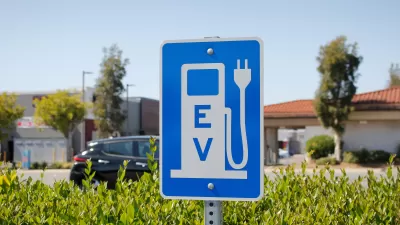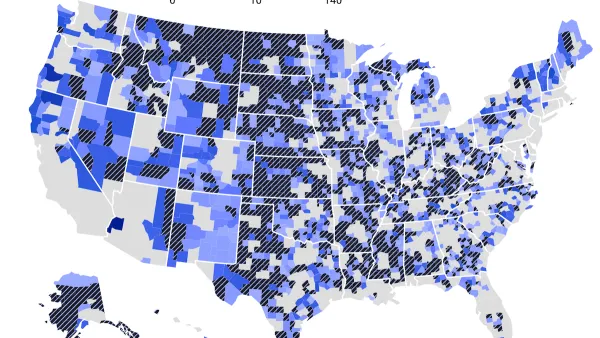The report “Pathways to Decarbonizing Transportation in Minnesota” also calls for a greater adoption of biofuels and actions to decrease vehicle miles traveled.

A new Minnesota Department of Transportation (MnDOT) report outlines strategies to decrease the state’s transportation emissions. The transportation sector is the largest contributor to fossil fuel emissions in the state of Minnesota.
The report, called "Pathways to Decarbonizing Transportation in Minnesota" recommends a greater adoption of biofuels and actions to decrease vehicle miles traveled (VMT). "The report also says Gov. Tim Walz should encourage the Minnesota Pollution Control Agency to develop a rulemaking for the state to adopt low-emission vehicle standards," Eleanor Lamb reports for Transport Topics.
The report also calls for a collaborating with neighboring states on Electric Vehicle Corridors. These routes would provide charging facilities for electric vehicles traveling through the Midwest, and remove the persistent barrier making inter-city travel in electric vehicles difficult.
This report is part of ongoing efforts by the state to curb its emissions. "Minnesota passed the Next Generation Energy Act (NGEA) in 2007, which laid out goals for the state to reduce GHG emissions," Lamb writes. While Minnesota has reduced emissions, it missed its 2015 goal and if it does not enact new policies is unlikely to reach its 2025 goal either.
FULL STORY: Minnesota DOT Identifies Strategies for Decarbonization

Maui's Vacation Rental Debate Turns Ugly
Verbal attacks, misinformation campaigns and fistfights plague a high-stakes debate to convert thousands of vacation rentals into long-term housing.

Planetizen Federal Action Tracker
A weekly monitor of how Trump’s orders and actions are impacting planners and planning in America.

In Urban Planning, AI Prompting Could be the New Design Thinking
Creativity has long been key to great urban design. What if we see AI as our new creative partner?

King County Supportive Housing Program Offers Hope for Unhoused Residents
The county is taking a ‘Housing First’ approach that prioritizes getting people into housing, then offering wraparound supportive services.

Researchers Use AI to Get Clearer Picture of US Housing
Analysts are using artificial intelligence to supercharge their research by allowing them to comb through data faster. Though these AI tools can be error prone, they save time and housing researchers are optimistic about the future.

Making Shared Micromobility More Inclusive
Cities and shared mobility system operators can do more to include people with disabilities in planning and operations, per a new report.
Urban Design for Planners 1: Software Tools
This six-course series explores essential urban design concepts using open source software and equips planners with the tools they need to participate fully in the urban design process.
Planning for Universal Design
Learn the tools for implementing Universal Design in planning regulations.
planning NEXT
Appalachian Highlands Housing Partners
Mpact (founded as Rail~Volution)
City of Camden Redevelopment Agency
City of Astoria
City of Portland
City of Laramie





























